Contents
- What you should know about solar panels
- What are the most common faults of solar panels?
- Choose the experts in solar panels
It is valid that before investing in a solar panel system you ask yourself what are the most common failures, here we explain.
With a solar panel system in your property, you are part of the group of companies that save on the cost of their electricity bill and have optimal results in their production lines with the minimum investment.
In addition to the fact that thanks to solar panels your company increases its value by being committed to the environment. However, something that you may have asked yourself before making the investment is, what are the possible failures that a photovoltaic system can have?
It is important to know the behavior of your photovoltaic system, in this article we will briefly see how it works and we will delve into the most common faults.

What you should know about solar panels
Photovoltaic systems are made up of several silicon solar cells, which make it possible to transform the sun’s energy into electricity.
Silicon composite photovoltaic cells are very resistant to less friendly environments, such as rain, hail and strong winds. In addition, silicon is an element that provides a great capacity to absorb the sun’s radiation; this means that your system continues to generate energy even on cloudy days.
Solar cells absorb the radiation they collect from the sun and transform it into energy, this is conducted towards the inverter of your system to convert it into electricity ready to be used in your property.
Your solar panel system also has a bidirectional meter that measures the energy you take from the electrical grid, as well as the surplus you inject into the grid when you produce more energy than you consume.
What are the most common faults of solar panels?
It is worth mentioning that the chances of your photovoltaic system having a problem are low if it is installed by an expert company in the sector. If your solar panel system ever fails, it could be due to the following:
1. Installation wiring
According to a report by PVTRIN, one of the most prominent training centers for photovoltaic installers in Europe, 24% of failures in photovoltaic systems installed on the roof of a company are due to poorly fixed wiring and 5% are made up of connections loose termination.
These installation defects are largely due to the fact that some companies that install solar panels do not have certified personnel in the area, so it is important to evaluate their technical capabilities and experience.
2. Errors in design
The design and planning stage of the photovoltaic system is key to making the best decisions about the size of the system and calculating the capacity of solar energy it will generate.
The most common faults that we find in this part are the erroneous calculations of the energy that it is going to generate, undersized wiring and problems of shadows of trees or buildings next to the property that were not taken into account and that prevent the passage of the sun rays to solar panels. The latter could significantly affect power generation and, therefore, return on investment.
A professional company performs an exhaustive analysis to avoid these errors and guarantee the maximum savings on your electricity bill by generating solar energy.
The amount of energy that the solar energy system will generate, since we take into account factors such as space, solar radiation, geographical area, and shadows, slope of the roof and solar panels and average weather conditions.
3. Installing the components
As we mentioned in the first point, staff without the necessary training to install photovoltaic systems can increase the probability of errors at this stage.
The most frequent failures are perforating the roof of the building by inadequate sealing methods, lack of grounding or protection against electric shock, improperly placed sensors, no intervention in the case of corrosion and insufficient ventilation of the inverter and solar panels, as good air circulation is necessary for proper cooling.
These mistakes can easily be avoided by working together with a certified installer and an electrician.
4. Factory defects
The chances of manufacturing defects are usually very low when you choose a reliable company that works with high quality materials.
When this happens, it is possible to make use of the guarantees offered by both the solar panel manufacturer and the photovoltaic systems installation company; these warranties regularly cover any factory defects and protect your investment for many years.
5. Inverter malfunction
As we saw earlier, the inverter is very important in a photovoltaic system. Mainly there can be two drawbacks, one is that the connection between it and the solar panels is lost, which could affect the performance of the system.
Another factor would be its useful life, since it could be thought that its life time is similar to that of solar panels, however, the inverter is more sensitive due to its internal components and it is not possible to last more than 30 years like solar panels.
Although there are cases of inverters with 20 years that continue to function, the ideal is that they are changed approximately every 10 years for optimal operation.
Despite the fact that the inverters are of excellent quality and are manufactured to work in the most extreme temperature conditions, the inverters are the most delicate solar component of the entire installation. They are computers that are converting energy at all times so that you can make the most of it and both external conditions and their use can lengthen or shorten their useful life.
It is important that the installation company knows how to correctly size the number of inverters and panels that they will have connected, since a bad calculation can also reduce their useful life.
Choose the experts in solar panels
Properly choosing who will have the important task of installing a solar panel system in your property will help your company to be much more competitive and save millions of pesos in electricity.
In addition, choosing well who will be responsible for installing your photovoltaic cells will prevent you from being in situations where there are design errors and failures such as those we saw previously.
In the same way, each project is planned in detail and all the necessary analyzes of the property are carried out to ensure the optimal performance of your photovoltaic system.




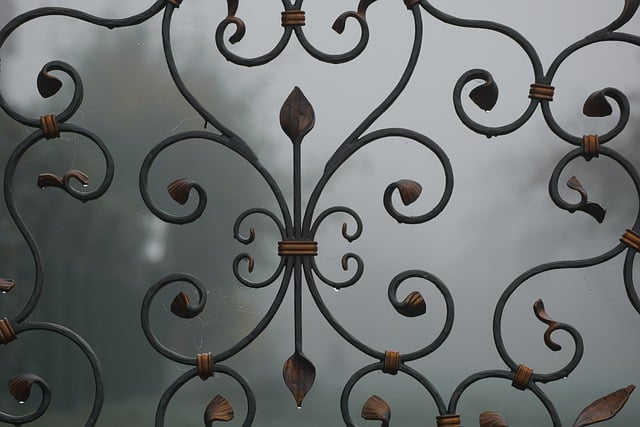
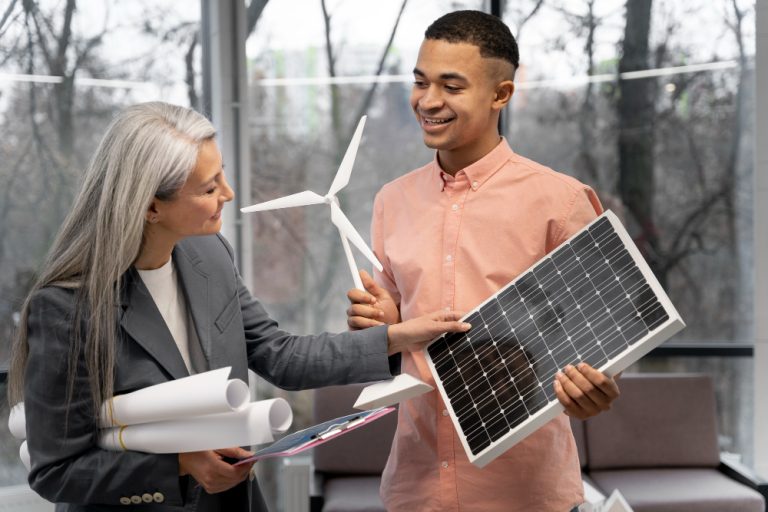
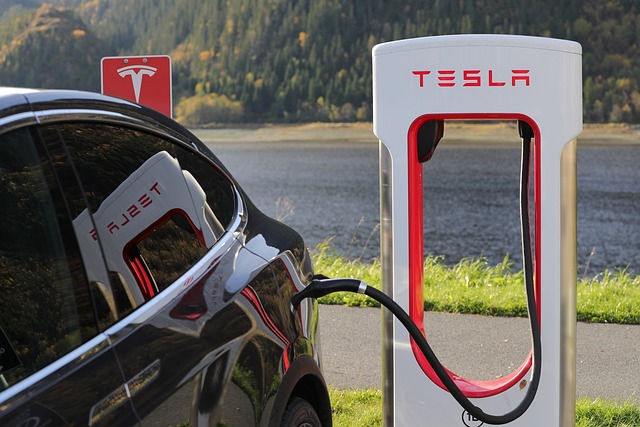
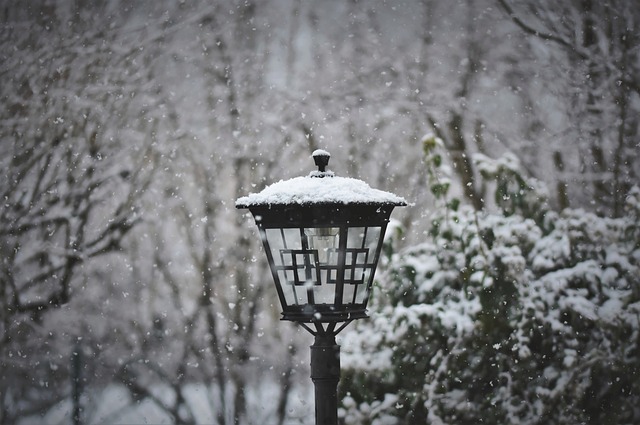
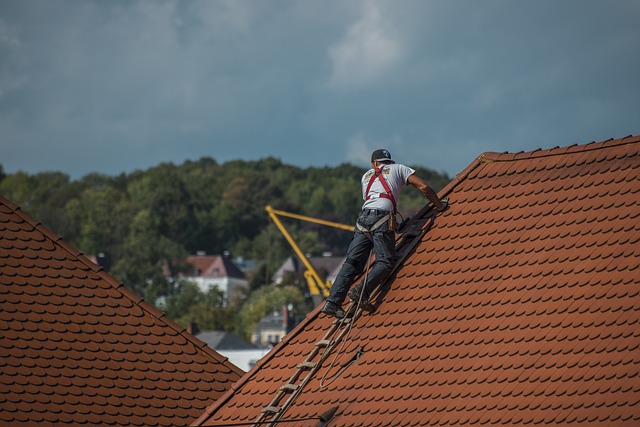


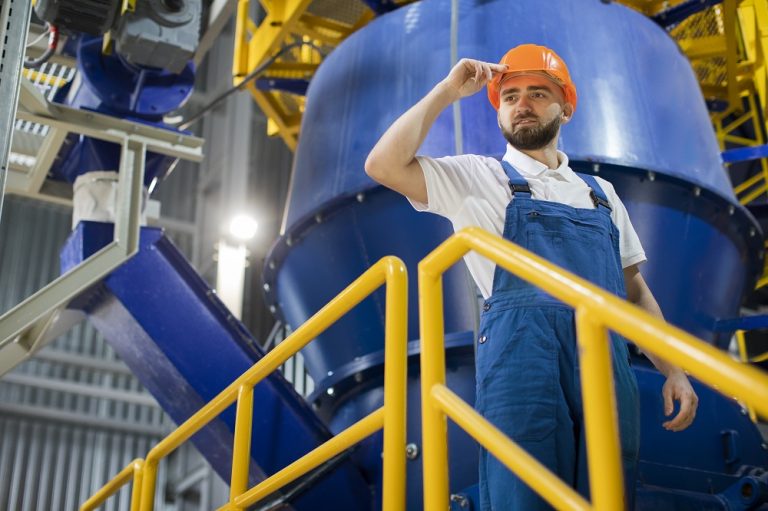


+ There are no comments
Add yours